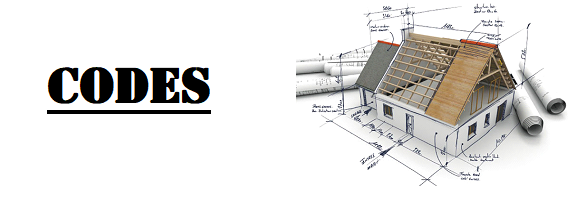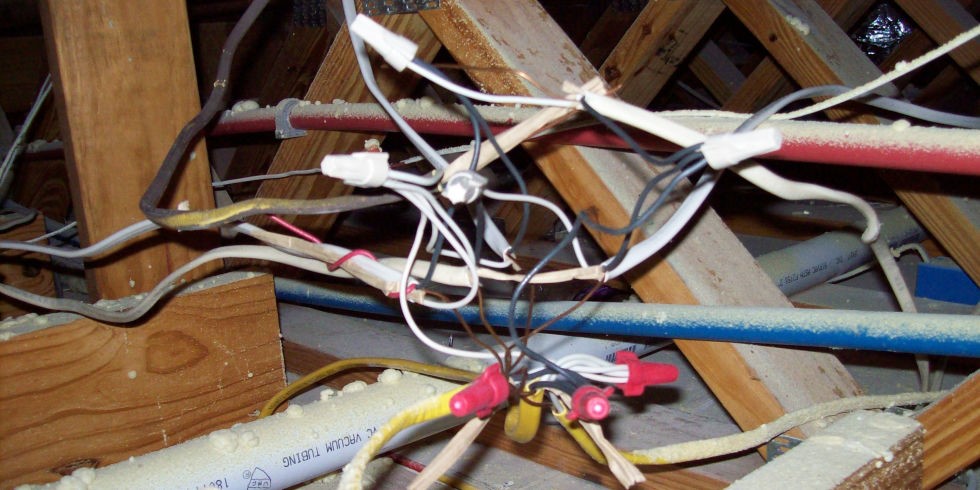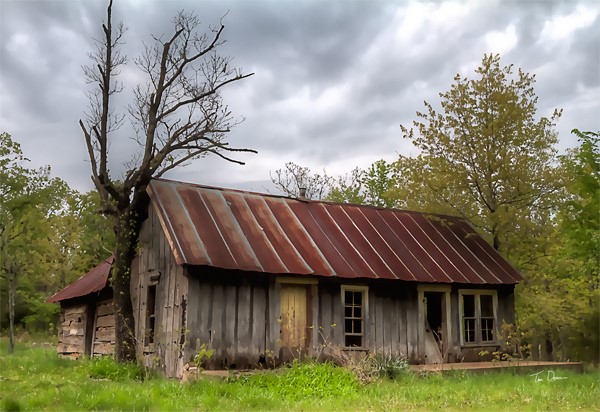
What are Building Codes?
Building codes are sets of regulations governing the design, construction, alteration and maintenance of structures. They specify the minimum requirements to adequately safeguard the health, safety and welfare of building occupants (www.fema.gov/building-codes). There are a few different entities that publish the codes utilized during building construction, and these codes are based on standards which are maintained by different organizations which specialize in different aspects of the construction industry (ex: plumbing, electrical, mechanical, building, etc.).

Why do we need codes?
The main reason behind building codes is to provide the consumer with some measure of security and peace of mind. As many aspects of our homes represent a potential hazard to us (electricity, heating, sanitary facilities, etc.), building codes help to ensure that these systems are installed safely, helping to reduce their inherent risk. By requiring contractors to adhere to minimum quality standards, we can expect our homes to be of good quality and construction. These regulations are in place to help us, not to hinder us, as buildings that have been built to these standards are safer, more pleasing to live in, and typically have higher value.

How often do codes change?
The International Code Council (ICC), the main organization which develops and coordinates national construction codes, typically updates their offerings on a three-year cycle. Many other organizations update their guidelines in a similar manner. Codes change often because new technology and building practices make the old codes obsolete. Think about your cellphone, which will probably be obsolete in three years, and the same is true of some building codes. Unfortunately, each different jurisdiction (city, municipality, parish/county and/or state) decides which version of the code they will use, so there is little uniformity of enforcement across the country.

Am I required to update my home to current codes?
The code that each house is judged against is whatever version of the code was being enforced when the home was built. So, a 50-year-old house must comply with whatever the code requirements were 50 years ago. Most jurisdictions have different requirements regarding when a house must be brought up to current code, and they usually take effect only whenever significant changes or upgrades are being made to the home.

Who enforces these codes?
Each jurisdiction has their own interpretation of code requirements, and different areas may be enforcing different versions (years) of the code. Each jurisdiction has their own code official, called the “Authority Having Jurisdiction” (AHJ), who is the final authority on code enforcement in their area. The AHJ is the ultimate decision maker as to what is required for minimum code enforcement in the home. While you must follow the minimum standards set by your AHJ, you are certainly allowed to go above and beyond the minimum standards, adding extra protection for your home and your family.

What does my home inspector have to do with code enforcement?
Code enforcement is a function of the government, and is not something that your home inspector is involved in. So, while your home inspector cannot require you to update your home, he may provide recommendations to upgrade some of the items in your home that do not meet current codes. Codes are updated on a regular basis, as newer technology and updated building practices are devised that provide a higher level of safety than previously required. Your inspector’s advice is intended to provide you with knowledge of newer and safer updates that are available for your home.
Your home inspector provides this advice only as a recommendation.
Consult with a qualified, licensed contractor and/or AHJ as needed.
